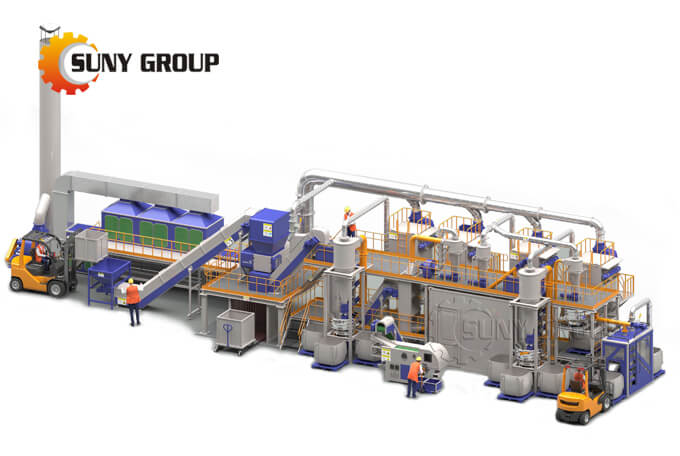In terms of the historical timeline for recycling in the U.S.,1972 marked the first recycling mill in the country, built in Conshohocken, Pennsylvania. In the early 1970s, the first city to mandate recycling was Woodbury, New Jersey. Curbside recycling first began in 1973, and by 2006 there were more than 8,000 curbside recycling programs throughout the country, a number which continues to expand.
Over the years, the U.S. government has relied on local and state governments to oversee recycling and waste management laws. State and local government regulations fall into two major categories: recycling goals and landfill bans. Landfill bans make disposing enumerated materials such as oil, yard waste and other easily collectible materials illegal. Currently, North Carolina, Michigan, Minnesota, and Wisconsin have landfill bans.
Other states such as California and Illinois focus on recycling goals. Some states simply encourage recycling of certain materials such as plastic bottles by passing a bill. To date, 25 states have passed laws making state-wide electronic waste recycling mandatory. These 25 states cover 65 percent of the population of the USA. Back in 2003, California was the first to enact the first e-waste recycling law and in 2011, Utah was last in this list.
Although there are no specific national recycling laws in the USA. the U.S. Environmental Protection Agency (EPA) regulates waste management and recycling under the Resource Conservation and Recovery Act (RCRA). The key goals of RCRA are: protect Americans from toxic and hazardous waste disposal, preserve natural resources and energy by recovering, reusing and recycling.

Suny Group : http://www.sunyrecycle.com/,All rights reserved。
Share This News, Choose Your Platform!
Welcome to visit Suny Group website. If you are interested in our equipment, please feel free to contact us!










